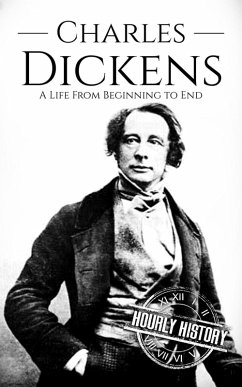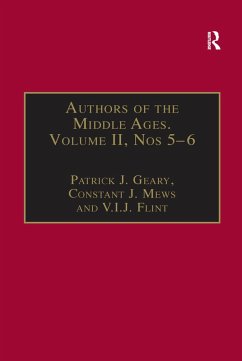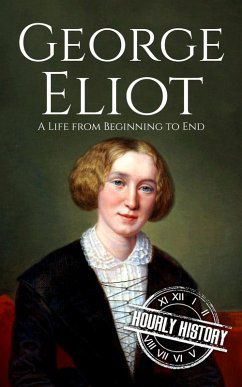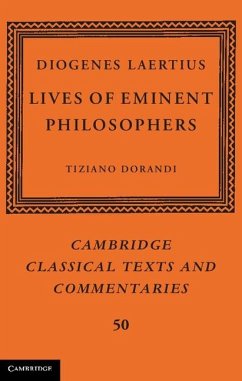
Eminent Authors of the Nineteenth Century: Literary Portraits (eBook, ePUB)

PAYBACK Punkte
0 °P sammeln!
In "Eminent Authors of the Nineteenth Century: Literary Portraits," Georg Brandes presents a vivid exploration of the literary giants who shaped an era of profound cultural transformation. Through a series of insightful essays, Brandes employs a biographical approach, meticulously interweaving personal backgrounds with the literary contributions of figures such as Tolstoy, Zola, and Ibsen. His prose is characterized by a critical depth and an eloquent style that both celebrates and scrutinizes the nuances of these authors' works against the backdrop of the socio-political upheavals of the nine...
In "Eminent Authors of the Nineteenth Century: Literary Portraits," Georg Brandes presents a vivid exploration of the literary giants who shaped an era of profound cultural transformation. Through a series of insightful essays, Brandes employs a biographical approach, meticulously interweaving personal backgrounds with the literary contributions of figures such as Tolstoy, Zola, and Ibsen. His prose is characterized by a critical depth and an eloquent style that both celebrates and scrutinizes the nuances of these authors' works against the backdrop of the socio-political upheavals of the nineteenth century. This collection serves not only as a homage but also as a critical commentary on the evolution of literature during this time of burgeoning realism and modernism. Georg Brandes (1842-1927) was a pivotal Danish literary critic and philosopher known for introducing Scandinavian readers to European literary movements. His own experiences of growth and transformation in a rapidly changing society deeply influenced his perspectives on literature and its cultural ramifications. By championing the ideas of individualism and social responsibility, Brandes sought to inspire both readers and writers, encouraging a deeper engagement with challenging social themes through literary narratives. "Eminent Authors of the Nineteenth Century" stands as an essential read for scholars of literature and enthusiasts alike. Brandes's analytical lens invites readers to gain a richer understanding of the complexities surrounding these authors and their works, making it a valuable addition to any literary collection. It is a compelling journey through the literary landscape of a transformative century.
Dieser Download kann aus rechtlichen Gründen nur mit Rechnungsadresse in A, B, BG, CY, CZ, D, DK, EW, E, FIN, F, GR, H, IRL, I, LT, L, LR, M, NL, PL, P, R, S, SLO, SK ausgeliefert werden.













